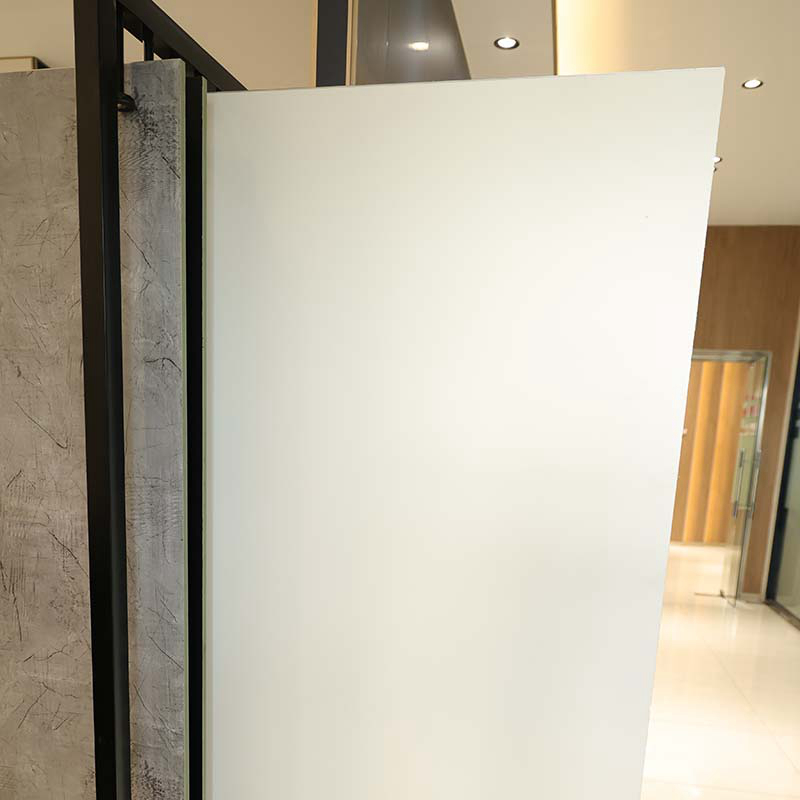PVC, or polyvinyl chloride, is a versatile material that has been used in countless applications. One of its most popular forms is thin PVC sheet, which is made by extruding PVC resin into flat sheets with thicknesses ranging from 0.1mm to 3mm. These sheets can be used in a wide variety of applications, including packaging, printing, stationery, and more. In this article, we will explore the benefits of thin PVC sheet and some of its many uses.
Benefits of Thin PVC Sheet
One of the main benefits of thin PVC sheet is its flexibility. Unlike other materials, such as metal or glass, PVC can be easily molded into a variety of shapes and sizes, making it ideal for a range of applications. Additionally, PVC is lightweight and easy to handle, making it easy to transport and install.
Another advantage of thin PVC sheet is its durability. PVC is resistant to many types of damage, including impact, chemicals, and UV radiation. This makes it an ideal material for use in harsh environments or applications where durability is critical.
Finally, thin PVC sheet is an affordable option for many applications. PVC resin is relatively inexpensive compared to other materials, and the extrusion process used to create thin PVC sheets is efficient and cost-effective.
Uses of Thin PVC Sheet
Packaging: Thin PVC sheet is often used in packaging applications, such as blister packs, clamshells, and shrink wrap. Its durability and flexibility make it an ideal material for protecting and displaying products.
Printing: Thin PVC sheet can be printed on using both traditional and digital printing methods. This makes it a popular material for a range of applications, including business cards, postcards, and banners.
Stationery: PVC sheets are often used to create durable and water-resistant stationery products, such as signs, labels, and tags. They can also be used to create folders, binders, and other office supplies.

Construction: Thin PVC sheet can be used in construction applications, such as wall cladding, roofing, and flooring. Its resistance to moisture and chemicals makes it an ideal material for use in areas with high humidity or exposure to chemicals.
Medical: PVC sheets are also used in the medical industry. They are often used to create tubing, bags, and other medical supplies due to their ability to resist chemicals and bacteria.
Conclusion
Thin PVC sheet is a versatile and practical material that can be used in a variety of applications. Its flexibility, durability, and affordability make it an ideal choice for packaging, printing, stationery, construction, and medical applications. If you are looking for a reliable and cost-effective material for your next project, consider using thin PVC sheet.
Previous: Versatile Foam PVC Sheet for Diverse Applications
Next: Stunningly Bright: White Veneer Sheets for a Luxurious Finish

Wood veneer (wbt260)
product description: It is mainly composed of two parts: substrate and surface film. The main component of the substrate is polymer material, the surface film is divided into PVC film and PP film, and the surface is covered with wood grain. When maki...

China PVC bathroom partition board (red)
PVC (polyvinyl chloride) bathroom partitions are a popular choice for wet areas such as bathrooms, shower rooms, and swimming pool changing rooms. They are durable, easy to clean, and resistant to moisture and bedbugs. PVC bathroom partitions ...

Carbon crystal plate (wbt660)
product description: What is the material of the carbon crystal plate? The carbon crystal plate is made of natural bamboo powder, calcium powder, new polymer composite material, carbon crystal powder and PVC powder. The raw materials do not contain f...

Wood veneer (wbt290)
product description: It is mainly composed of two parts: substrate and surface film. The main component of the substrate is polymer material, the surface film is divided into PVC film and PP film, and the surface is covered with wood grain. When maki...